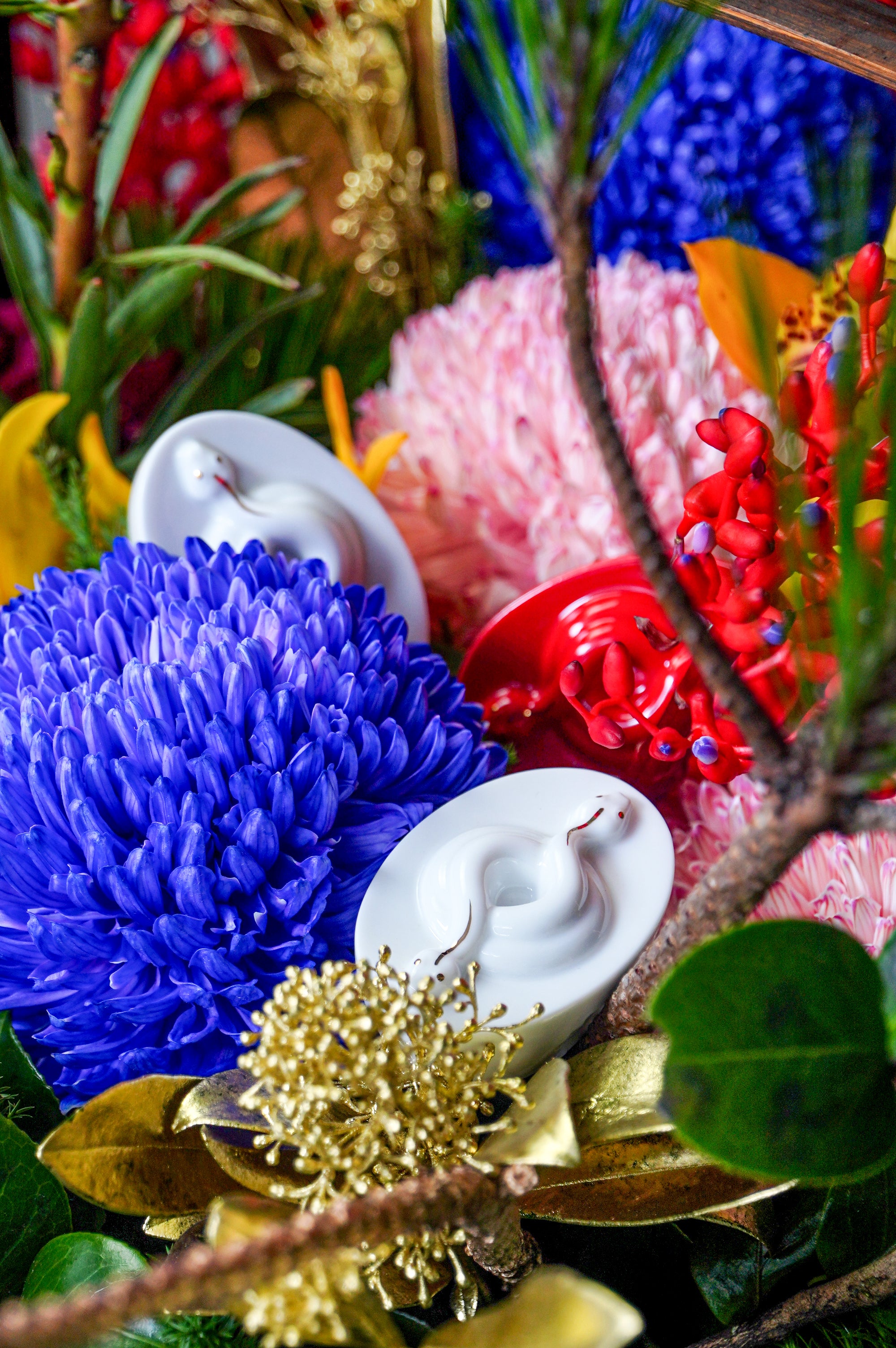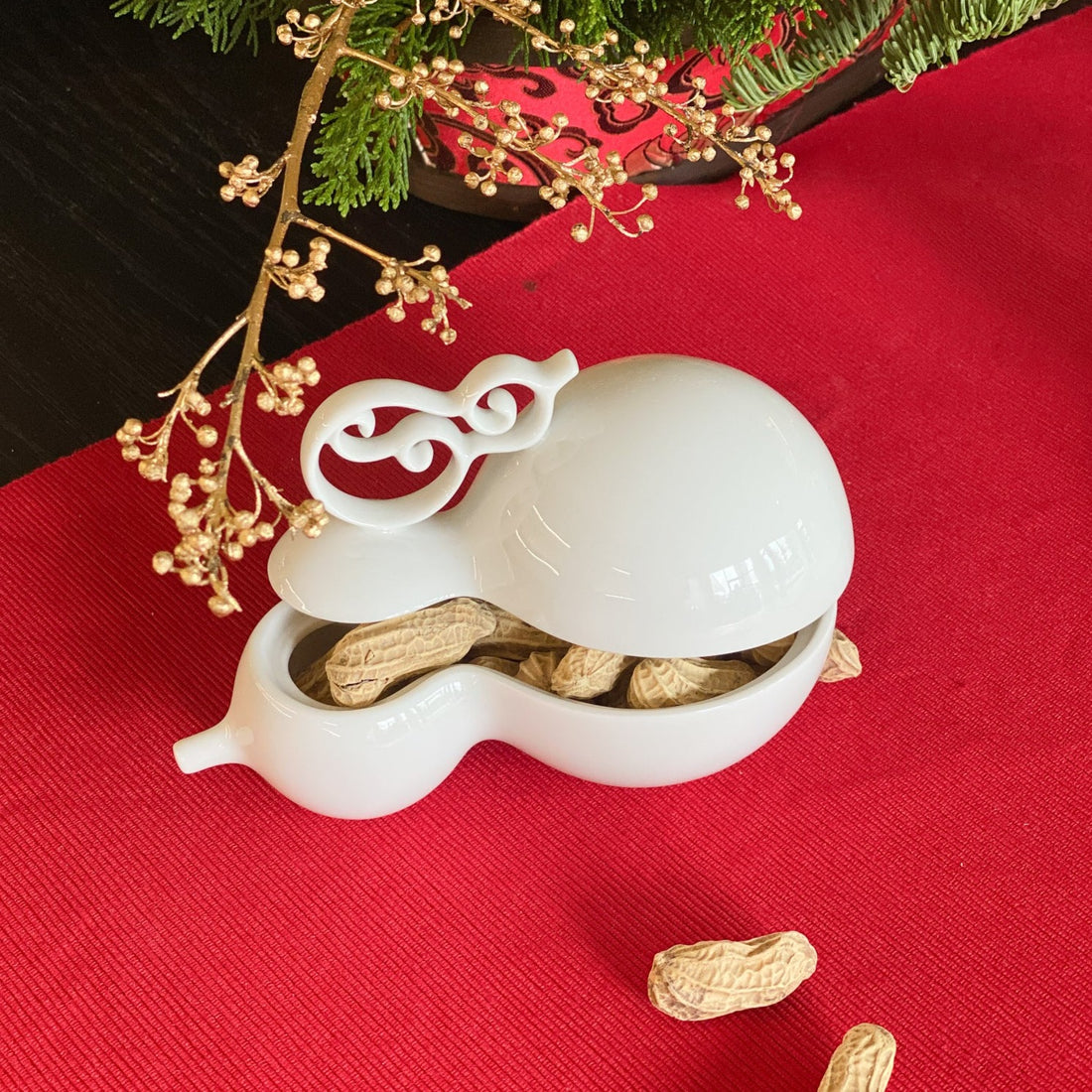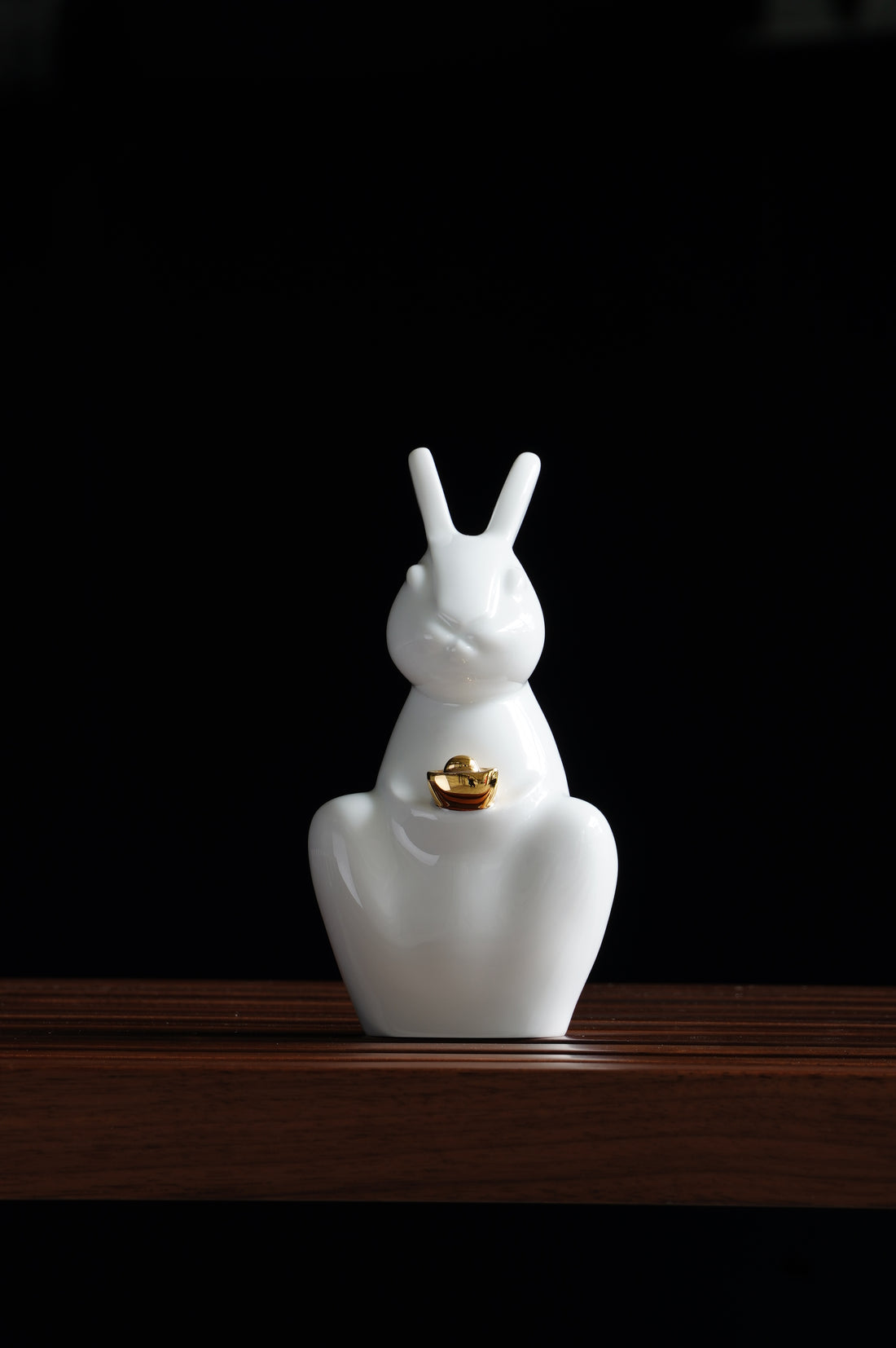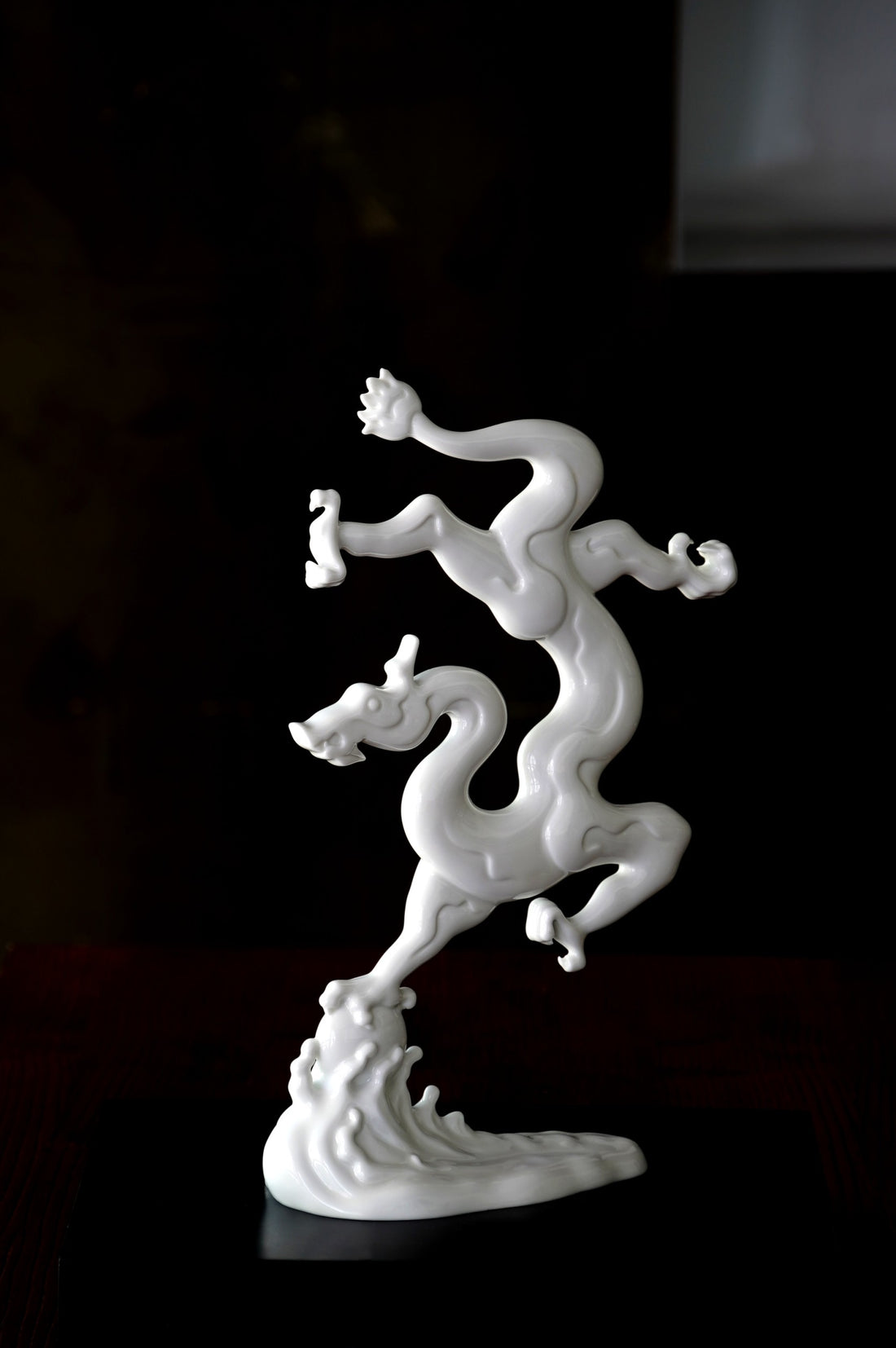In memory of Mr. Yu Kwang-chung on Poetry Day
Rising from the Ashes by Yu Kwang-chung
Precarious yet stable
Fragile yet adamant
Scaffolds built with mechanics
Styles developed by aesthetics
The elegance of antiquities
Is varied with modernity
The pleasantness of Geometry
Dissolves the seriousness of The Shan and Zhou Dynasties
With an ambition to fly
Standing on the ground, yet
craving the sky
Seeing reality in fantasy, and seeing fantasy in reality
In every tunnel there is a different sky,
In which the sun and the moon cycle
Rising from the fire, the body remains
Looking back in the ashes and seeing
The immortality made eternal
The yearning for purity is fulfilled by the white surface
Regretless as it meets the eyes, contented as it meets
the hands
Nüwa refines five-colored stones
To patch the heaven
Heinrich Wang creates white porcelain
To benefit the earth
on March 16th, 2008
Extracted from Ou Shen by Yu Kwang-chung published by Chiuko

The following text is extracted from the article "Reading: A Path to Beauty-from Glass to Porcelain" by Heinrich Wang in Reading Is for a Lifetime published by Bookzone.
I took a road not taken, which is similar to Yu Kwang-chung’s experiment on language.
“I try to compress, flatten, stretch and sharpen Chinese words. I dismantle and assemble them, fold and pile them to test their speed, density and resilience,” He said. “The prose I look for should be full of sounds, colors, and lights. It should have the sweet scent of Xiao, the resonance of the bell, the iridescence of the rainbow. There should be shimmering lights between words.”
Words are there, glass is there, porcelain clay is also there. We cannot invent, and good ideas have all been carried out by someone else. Blue-and-white porcelain cannot compete with Royal Copenhagen. Colored glass cannot compete with Masons. We can only change our attitude, and then change our production process. After multiple failures, shapes and irregular curves finally show themselves. I once heard a Chinese collector exclaiming: “The porcelain is standing!”
The standing porcelain seems to be paying tribute to Yu Kwang-chung’s language, so do all innovative literary works that break free from traditions, seeking to be reborn at the end of rope.










